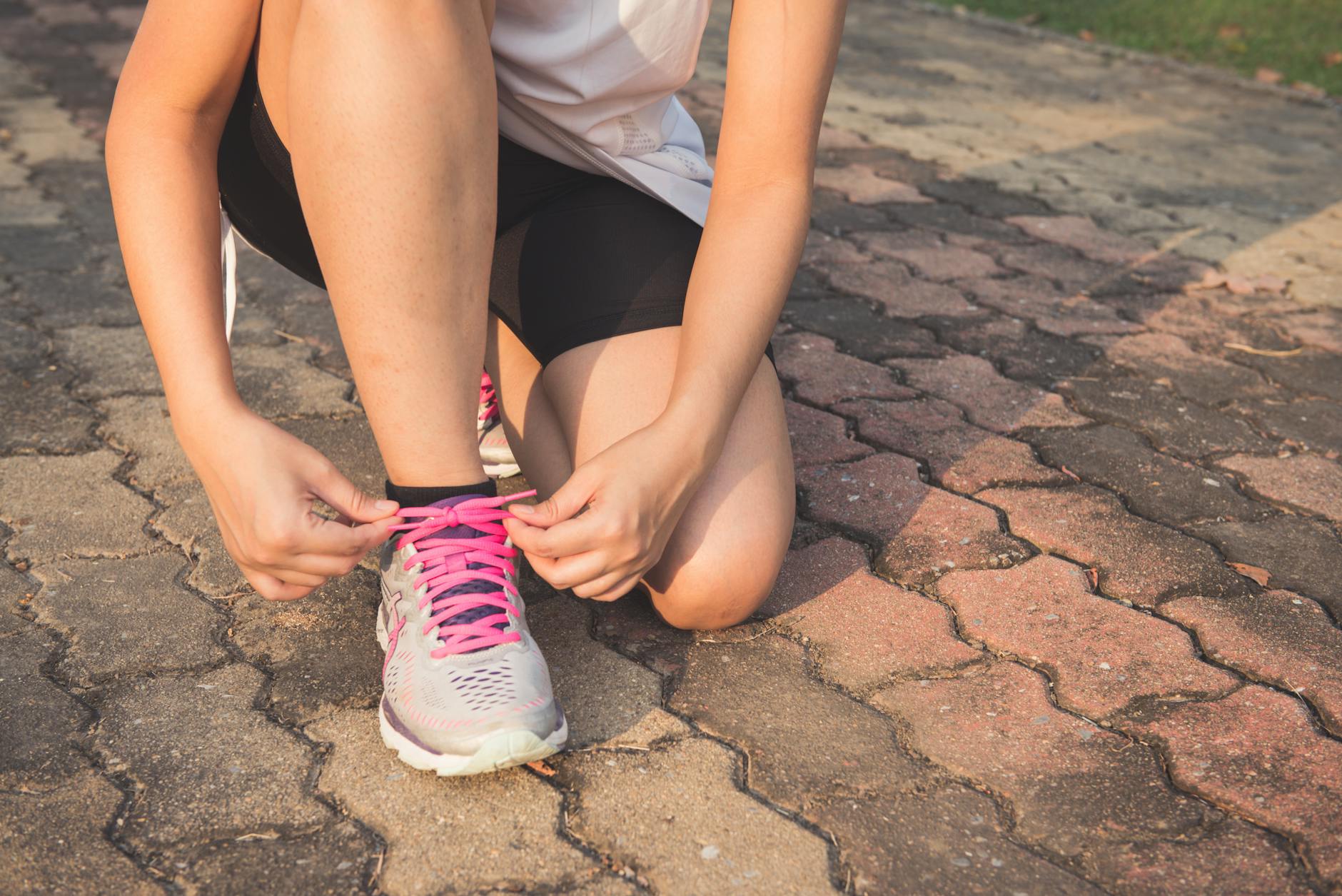Discover how movement can be a source of hope and empowerment for those living with Parkinson’s disease. Join us now!
Table of Contents
Parkinson’s Disease is a complex Neurological disorder that affects millions of people worldwide. It is a progressive condition that primarily affects movement and is characterized by symptoms such as tremors, stiffness, slowness of movement, and balance issues. While receiving a diagnosis of Parkinson’s Disease can be overwhelming and daunting, there is hope and support available for those navigating life with this condition.
Understanding Parkinson’s Disease
Parkinson’s Disease is caused by the gradual loss of nerve cells in the brain that produce dopamine, a chemical messenger that helps control movement. This loss of dopamine leads to the characteristic motor symptoms of Parkinson’s. In addition to movement issues, some individuals with Parkinson’s may also experience non-motor symptoms such as sleep disturbances, cognitive changes, and mood disorders.
Managing Symptoms
While there is currently no cure for Parkinson’s Disease, there are various treatment options available to help manage symptoms and improve quality of life. Medications such as Levodopa, which helps replenish dopamine levels in the brain, can help control movement symptoms. Physical therapy, occupational therapy, and speech therapy can also be beneficial in managing motor symptoms and maintaining function.
Exercise and Nutrition
Regular exercise is key in managing Parkinson’s Disease. Physical activity can help improve balance, flexibility, and overall mobility. Activities such as walking, cycling, swimming, and yoga can be particularly beneficial. Additionally, maintaining a healthy diet rich in fruits, vegetables, whole grains, and lean proteins can help support overall health and well-being.
Social Support and Community
Living with Parkinson’s Disease can be isolating, but connecting with others who understand your journey can provide invaluable support. Joining a support group, participating in online forums, or attending community events specifically for individuals with Parkinson’s can help build connections and provide encouragement. Building a strong support network of family, friends, and healthcare providers is essential in navigating life with Parkinson’s.
Mental Health and Parkinson’s
It is important to prioritize mental health when living with Parkinson’s Disease. The emotional impact of a chronic condition can be significant, leading to feelings of anxiety, depression, or frustration. Seeking therapy, counseling, or mindfulness practices can be beneficial in managing these emotional challenges and fostering resilience.
| Topic | Description |
|---|---|
| Introduction | An overview of Parkinson’s disease and how it impacts daily life. |
| Symptoms | A detailed list of common symptoms experienced by individuals with Parkinson’s. |
| Treatment Options | Information on medications, therapy, and lifestyle changes that can help manage Parkinson’s symptoms. |
| Exercise and Movement | The benefits of physical activity in managing Parkinson’s symptoms and improving overall quality of life. |
| Support Systems | Resources and support groups available to individuals living with Parkinson’s and their caregivers. |
| Coping Strategies | Tips and strategies for navigating daily challenges and finding hope in the midst of a Parkinson’s diagnosis. |
Research and Innovation
Ongoing research is being conducted to better understand Parkinson’s Disease and develop more effective treatments. Clinical trials and studies are constantly seeking participants to contribute to the advancement of knowledge about Parkinson’s. Staying informed about the latest research and potential breakthroughs can offer hope for the future.
Empowering Yourself
Living with Parkinson’s Disease requires resilience, courage, and determination. It is essential to advocate for yourself, communicate openly with healthcare providers, and actively participate in your care plan. Finding ways to stay engaged, pursue passions, and maintain a sense of purpose can help empower you on your journey with Parkinson’s.
In conclusion, while living with Parkinson’s Disease presents challenges, there is hope and support available. By understanding the condition, managing symptoms effectively, prioritizing physical and mental well-being, connecting with a supportive community, and staying informed about advancements in research, individuals with Parkinson’s can navigate life with resilience and confidence. Remember, you are not alone in this journey, and together, we can find hope in movement.
FAQs
Is Parkinson’s Disease hereditary?
While most cases of Parkinson’s are sporadic, about 10-15% of cases are believed to have a genetic component. Researchers have identified several genes associated with Parkinson’s, but the risk of inheriting the disease is complex and influenced by various factors.
What are some common early signs of Parkinson’s Disease?
Early signs of Parkinson’s may include tremors, stiffness, slowness of movement, and problems with balance. Changes in handwriting, facial expression, and posture can also be early indicators. It’s important to consult a healthcare professional for an accurate diagnosis.
Can exercise really help manage Parkinson’s symptoms?
Yes, regular exercise has been shown to improve mobility, balance, and overall quality of life for individuals with Parkinson’s. Activities such as walking, cycling, dancing, and yoga can be beneficial. Consult with a physical therapist to develop a personalized exercise plan.
How can I get involved in Parkinson’s research?
You can participate in clinical trials or studies related to Parkinson’s research. Organizations such as the Michael J. Fox Foundation and Parkinson’s Foundation provide information on research opportunities. Staying informed about ongoing studies and advancements in the field can help contribute to the search for a cure.





